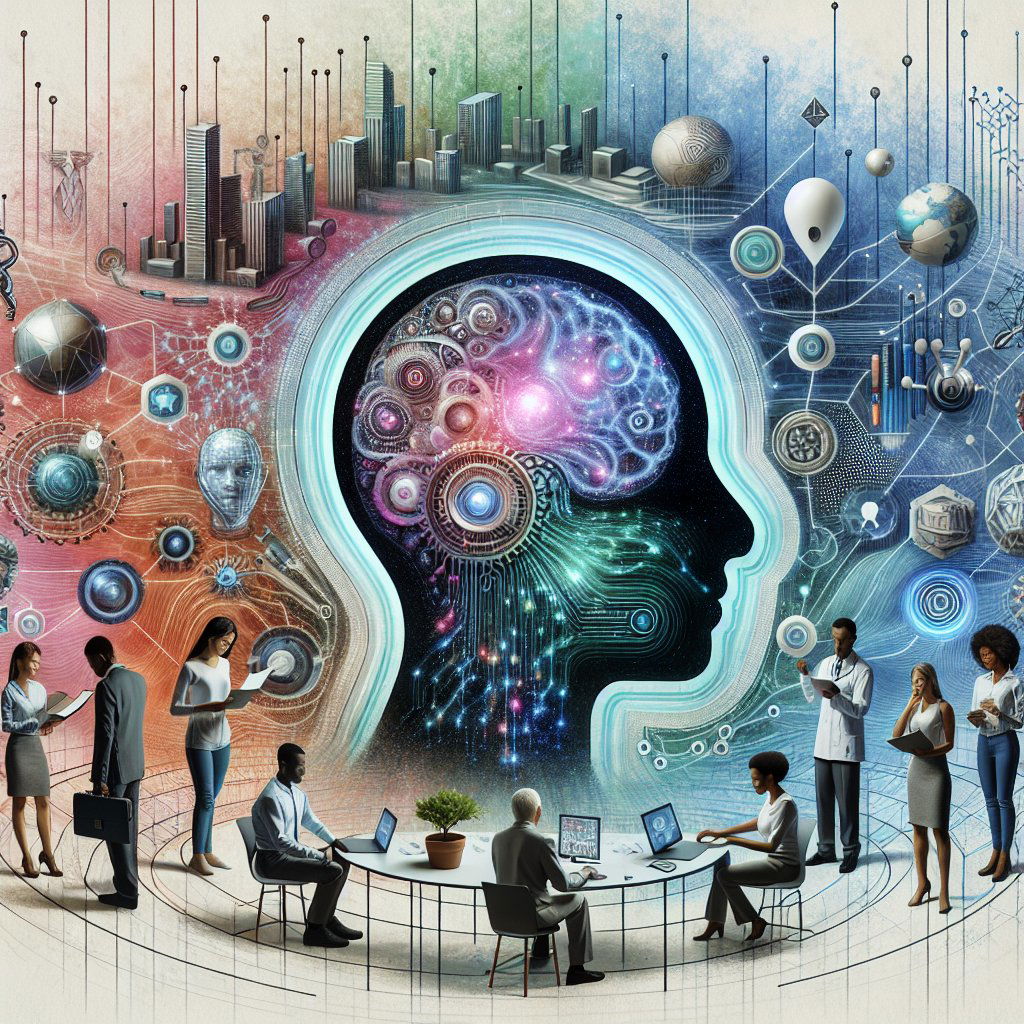Image: AI generated for illustration purposes
The Evolution of AI Awareness: From Basics to Global Impact
In a significant shift in public consciousness, the field of artificial intelligence has transitioned from an esoteric technology only a few could grasp, to a widely recognized force poised to reshape many aspects of our daily lives. This shift has been profoundly encapsulated by the experiences of AI researcher Sasha Luccioni over the past year.
Luccioni’s interactions at business conferences and speaking events have dramatically changed in tone and content. Only a short while ago, her audience's inquiries were basic and explorative, such as “What is artificial intelligence?” The discourse has now been elevated to not only an understanding of AI but a deeper consideration of its potential consequences and global influence. The question has morphed into a more urgent and weighty contemplation: “Will AI take over the world?”
This rapid evolution in public understanding mirrors the pace at which AI technology has infiltrated various sectors. From healthcare to finance, and from transportation to creative industries, AI’s footprint is extending, raising both hopes for progress and fears of unforeseen repercussions.
The concern over AI’s potential to 'take over the world' encompasses a spectrum of issues, including ethical considerations, privacy concerns, and the displacement of jobs. Moreover, there is an increasing anxiety about the control and use of AI by major corporations and governments, which could impact the fabric of society and individual freedoms.
The topic is now so prevalent that it has become a fixture in the minds of technology users across the globe, and the debate has found its way into mainstream media, policy discussions, and even casual conversation. The narrative has escalated to such an extent that AI has become integral to discussions about the future trajectory of human civilization.
The rise in awareness and the profound shift in public conversations about AI indicate a pivotal moment in the relationship between humans and technology. It’s indicative of a broader realization that AI is not a distant or abstract concept but a present and active influence in modern life. The educational imperative has moved from simply informing individuals about what AI is, to preparing societies for the implications of an AI-infused future.
Luccioni, among other AI researchers, now faces the challenge of demystifying technological advancements while engaging in complex dialogue about the societal impacts of AI. Educating the public about the benefits and risks, avoiding hyperbole, and ensuring that there is a balanced understanding of AI has become part of the AI community's responsibility.
Moreover, in light of these concerns, there is an increased push for regulations and frameworks to guide the ethical deployment of AI. As technology continues to advance, the work of researchers, ethicists, policymakers, and educators becomes increasingly important to steer the course of AI development in a direction that benefits society while mitigating its potential risks.
As we move forward into an era where AI becomes more integrated into our lives, the conversation is sure to evolve further. The focus now is not just on understanding AI but on governing its development and ensuring that its growth is aligned with human values and societal well-being.










